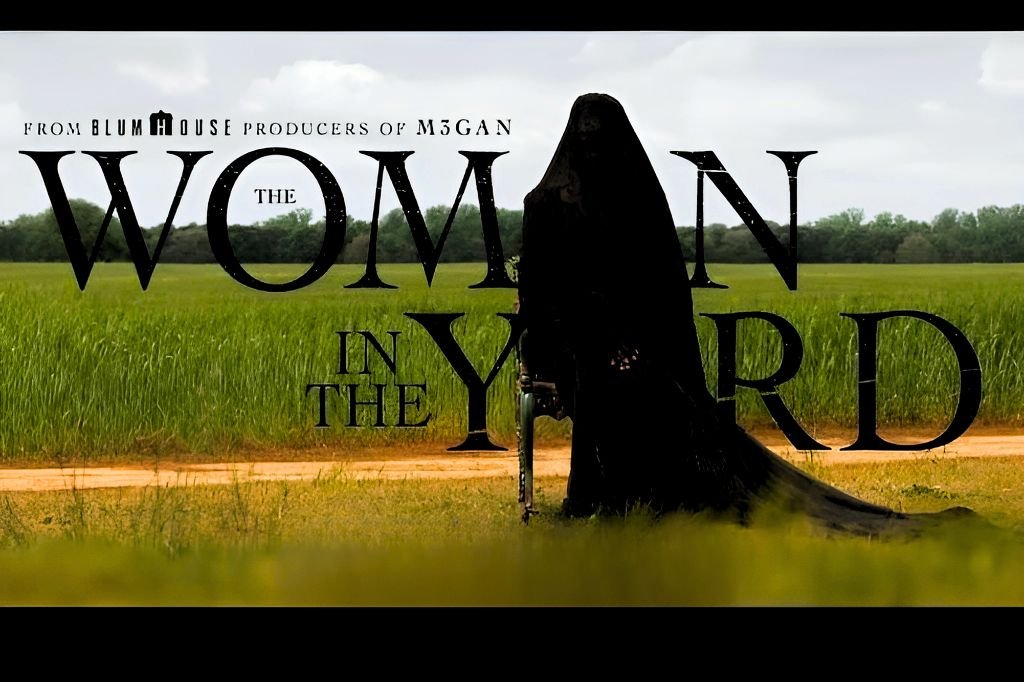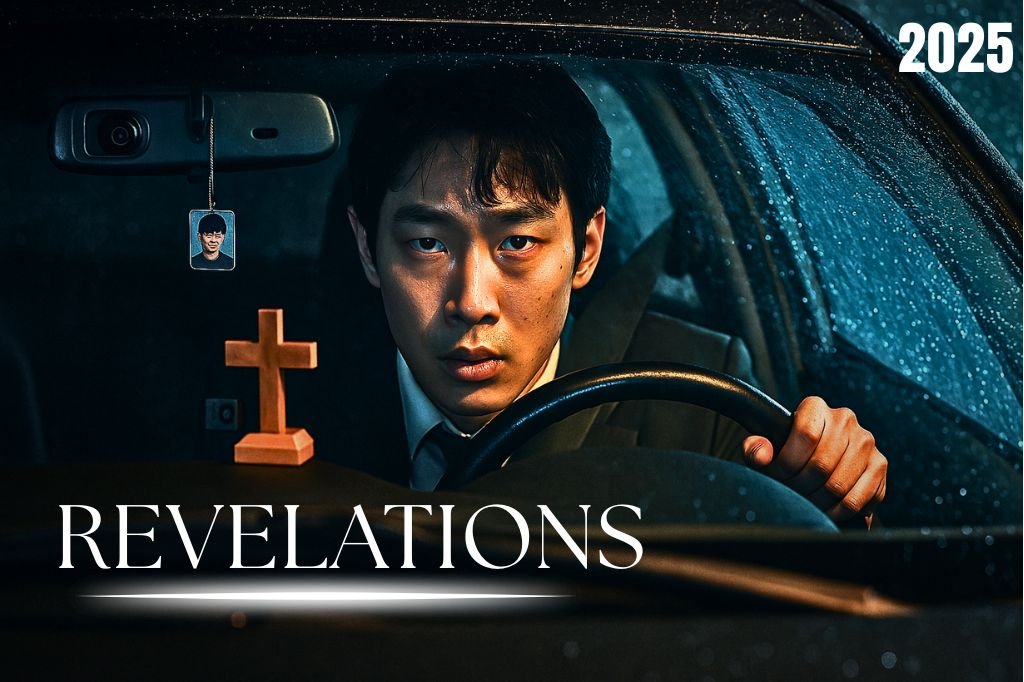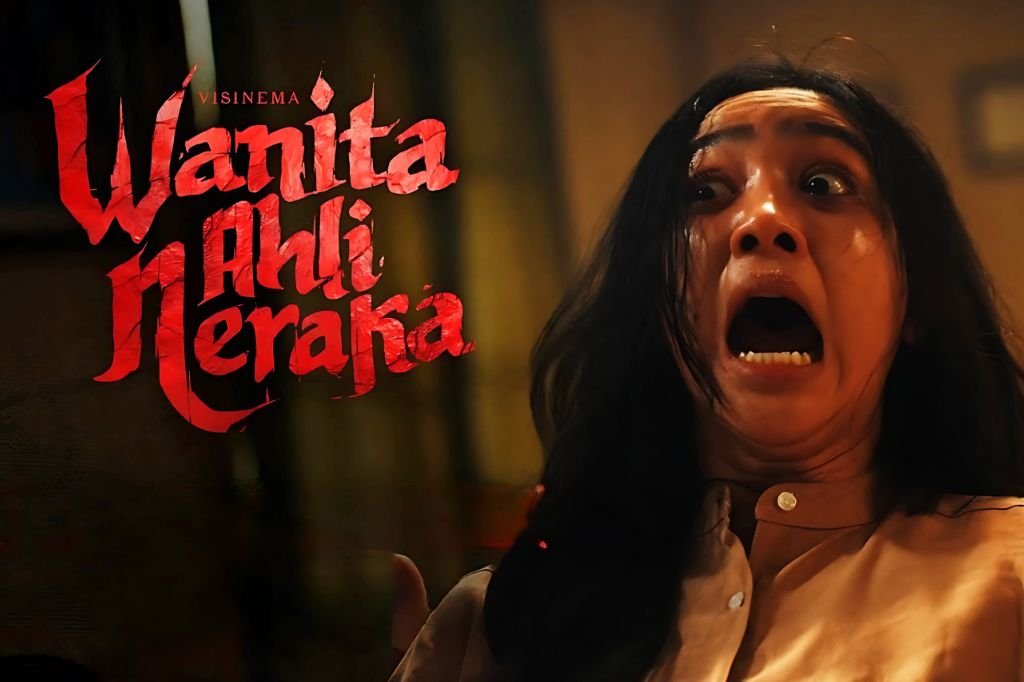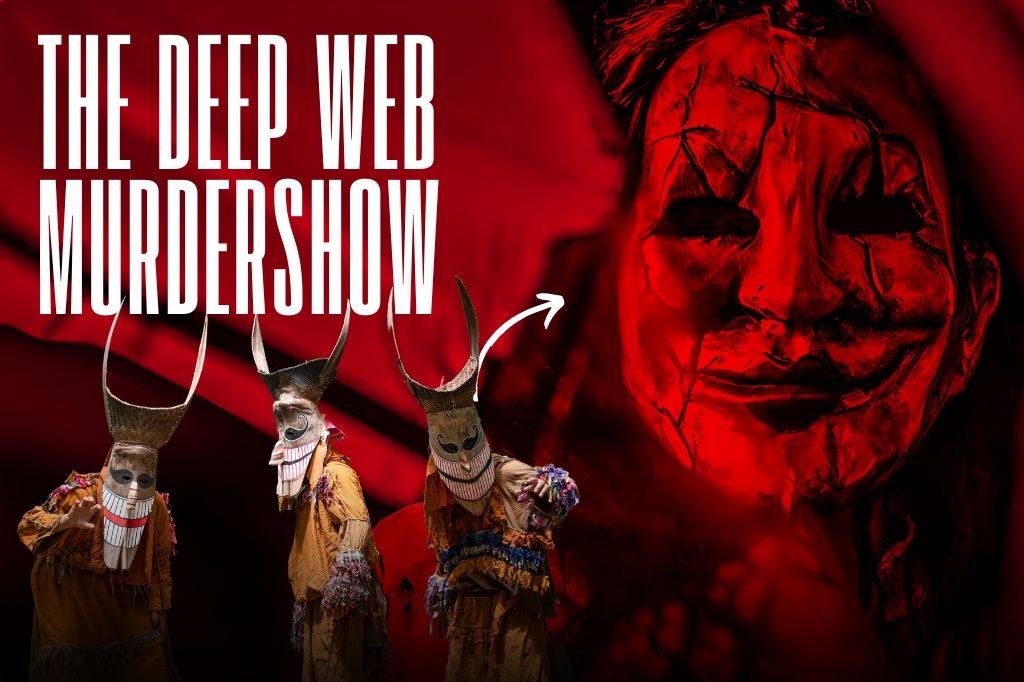Now Reading: Daredevil Born Again Ep 3 Breakdown – Emotional Drama and Punisher Twist
-
01
Daredevil Born Again Ep 3 Breakdown – Emotional Drama and Punisher Twist
Daredevil Born Again Ep 3 Breakdown – Emotional Drama and Punisher Twist

“Daredevil Born Again Ep 3 Breakdown” brings emotional intensity and a complex narrative to the forefront, expertly weaving courtroom drama with deep character moments. Episode three, titled “The Hollow of His Hand,” references an Irish hymn symbolizing control and vulnerability—a perfect metaphor for the chaos unfolding in Hell’s Kitchen and the lives of Matt Murdock (Charlie Cox), Hector Ayala (Kamar de los Reyes), and Wilson Fisk (Vincent D’Onofrio).
Table of Contents
Emotional Courtroom Drama & White Tiger’s Fate
The episode’s title, borrowed from an Irish blessing, becomes a cruel irony. Heather Glen’s toast—“May God hold them in the hollow of his hand”—is less a prayer than a eulogy. For Matt Murdock (Charlie Cox), it’s a reminder of his fractured faith, both in the law and himself. His hands, once steady in court or clenched into fists as Daredevil, now tremble as he pours Foggy’s memorial drink, symbolizing his spiraling grip on morality.
Wilson Fisk (Vincent D’Onofrio) weaponizes the phrase differently. His bloody knuckles, glimpsed during a tense breakfast with Vanessa (Sandrine Holt), betray his duality: the mayor’s crisp suits mask a tyrant still pounding walls in shadowy rooms. The camera lingers on the absurdly long table separating them, a floral centerpiece splitting the frame like a funeral arrangement. Vanessa’s icy glare—“What is your higher goal, Wilson?”—hints at a marriage rotting from within. Fisk’s answer? Chaos. Deliberate, calculated chaos, designed to crown him as New York’s savior.
White Tiger’s Trial: A Eulogy in Three Acts
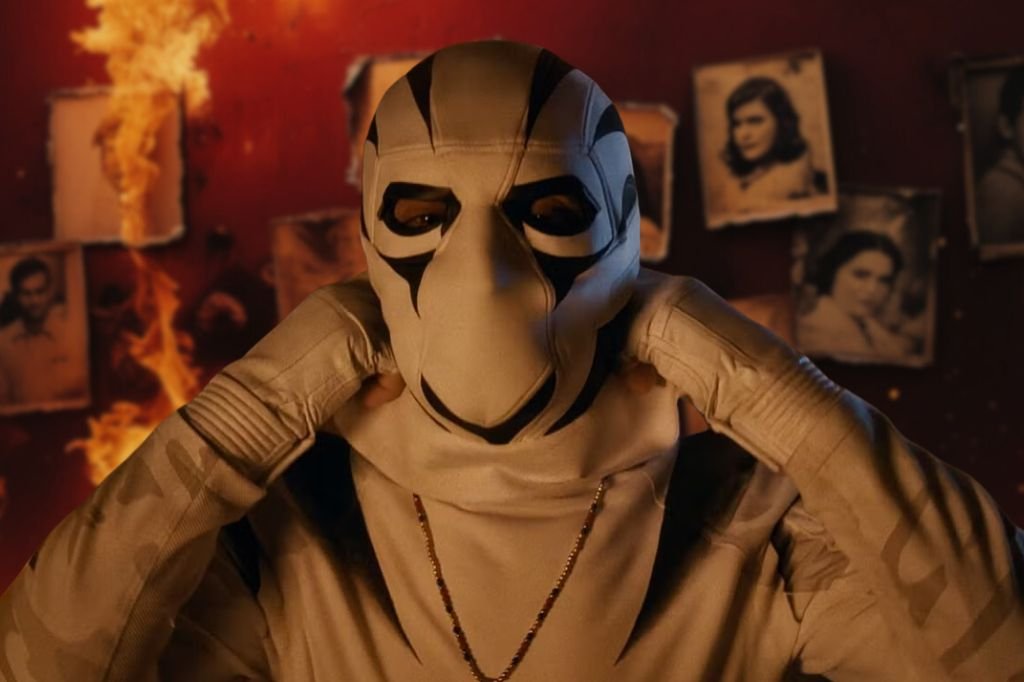
The trial of Hector Ayala (Kamar de los Reyes) isn’t just legal drama—it’s a requiem. Matt’s gamble to out Hector as White Tiger mirrors his own struggle: Can a masked hero survive unmasked? The courtroom becomes a battleground of glances. Corrupt cops, their necks branded with Punisher skulls, glare from the gallery like vultures. One officer’s slow nod as Matt lists White Tiger’s heroic acts speaks volumes: even among the corrupt, guilt festers.
Kamar de los Reyes delivers a career-defining performance. Hector’s monologue about Puerto Rico’s coquí frogs—tiny creatures whose song is despised by tourists but beloved by locals—is a metaphor for his own marginalized heroism. “They don’t croak—they sing their names,” he says, voice cracking. It’s a plea for recognition in a world that demonizes him. The post-credits scene, where waves and frog songs replace the usual Marvel fanfare, isn’t just a tribute to Hector—it’s Kamar’s farewell, blending fiction and reality into a haunting crescendo.
The trial’s outcome—acquittal—feels pyrrhic. Hector’s smile as he exits the courthouse is gut-wrenching, knowing what awaits. His murder, executed by a cop in a Punisher vest, isn’t just a plot twist—it’s a condemnation of systemic rot. The killer’s distorted skull logo, with Lady Liberty’s silhouette faded beneath, screams: This is what justice has become.
Kingpin’s Ambition and Vanessa’s Hidden Game
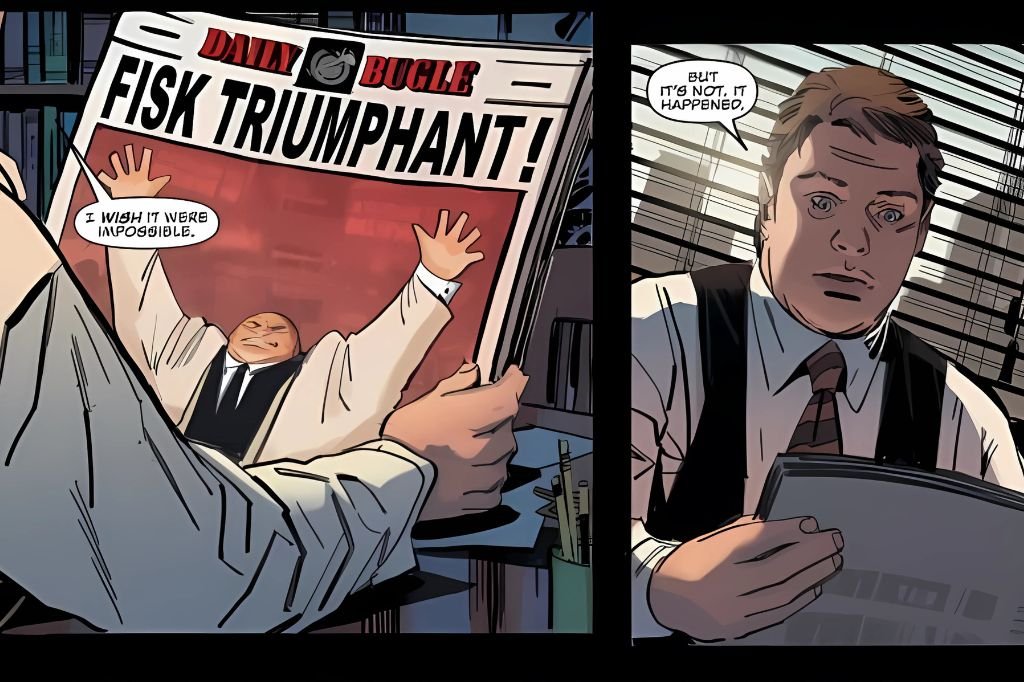
Wilson Fisk, portrayed masterfully by Vincent D’Onofrio, continues his transformation into a public figure as New York City’s mayor. Yet, his violent tendencies persist, highlighted by his bloody knuckles, symbolizing his hidden brutality beneath a polished facade. Fisk’s wife, Vanessa, played with depth by Sandrine Holt, is revealed to be orchestrating criminal operations behind Fisk’s back, fueling tension within their relationship. A reference to Francis Bacon’s expensive “Freud Triptych” cleverly symbolizes Fisk and Daredevil’s obsessive dynamic.
Fisk strategically leverages chaos, planning to let New York burn before positioning himself as its savior—a chilling echo of Homelander’s strategy in “The Boys.”
Don’t Miss These
- If you want to watch something light humour this week – Binge watch this
- I dare you, you definitely face this problem with Netflix! – Here’s the solution
- If you miss this show i dare you will regret – Check Here
- Do you know the Origins story of Squid Game’s Creepy New Doll Chul-Su – Read Here
- Light humour comedy series – Tap here
- Iam confuse with ending of this series – Check here
- The Electric State Netflix Review (2025) – Smash Here
Spider-Man & Punisher Easter Eggs
- Miles Morales’ Father: Officer Morales’ mention isn’t just a nod—it’s a roadmap. With Sony planning a live-action Miles Morales, this tiny detail plants seeds for Spider-Man’s street-level future.
- Muse’s Murals: The graffiti tag “Triggered” beneath the Punisher skull isn’t random. In comics, Muse is a serial killer who paints with blood—a nod to the NYPD’s impending descent into madness.
- Pingo Doce: Bruce Banner’s soda from The Incredible Hulk appears on a bus ad, a winking reminder that even in Hell’s Kitchen, the Hulk’s legacy looms.
- Defenders’ Ghosts: While Jessica Jones is confirmed for Season 2, the absence of Luke Cage and Iron Fist feels deliberate. Their specters haunt the narrative, unanswered questions in a city drowning in corruption.
The Punisher Paradox: Idols and Heretics
The episode’s climax weaponizes the Punisher logo to chilling effect. The cop who kills Hector isn’t Frank Castle—he’s what Frank fears most: a zealot hijacking his symbol. This mirrors real-world debates about police militarization, where the Punisher’s skull adorns patrol cars, bastardizing its anti-heroic roots.
In the Netflix series, Frank snarled, “You don’t know what I am.” Here, the show answers: He’s a myth. A warning. The killer’s vest—its skull warped, its nose elongated—is a perversion. It’s not Frank’s logo; it’s a gang sigil, a beacon for fascism.
Producer leaks hint that Frank Castle (Jon Bernthal) will return not as Hector’s avenger, but as a furious heretic. Imagine his rage upon discovering cops using his symbol to murder heroes. This isn’t just a plot thread—it’s a ticking bomb under the MCU’s moral compass.
The episode beautifully memorializes actor Kamar de los Reyes, who sadly passed away after filming. His emotional performance adds depth and urgency, making his character’s fate even more impactful.
The Road Ahead: Punisher’s Return
“Daredevil Born Again Ep 3” sets a dark tone for upcoming episodes. Matt’s disillusionment grows as he grapples with loss and the resurgence of his Daredevil persona, symbolized by his fixation on a broken Devil horn. The Punisher, played by Jon Bernthal, is expected to return, potentially allying with Matt to address the violent corruption within the police.
Marvel’s announcement of a “Punisher” special presentation alongside “Daredevil” Season 2 hints at expansive narratives ahead, promising more depth and inten
Final Thoughts
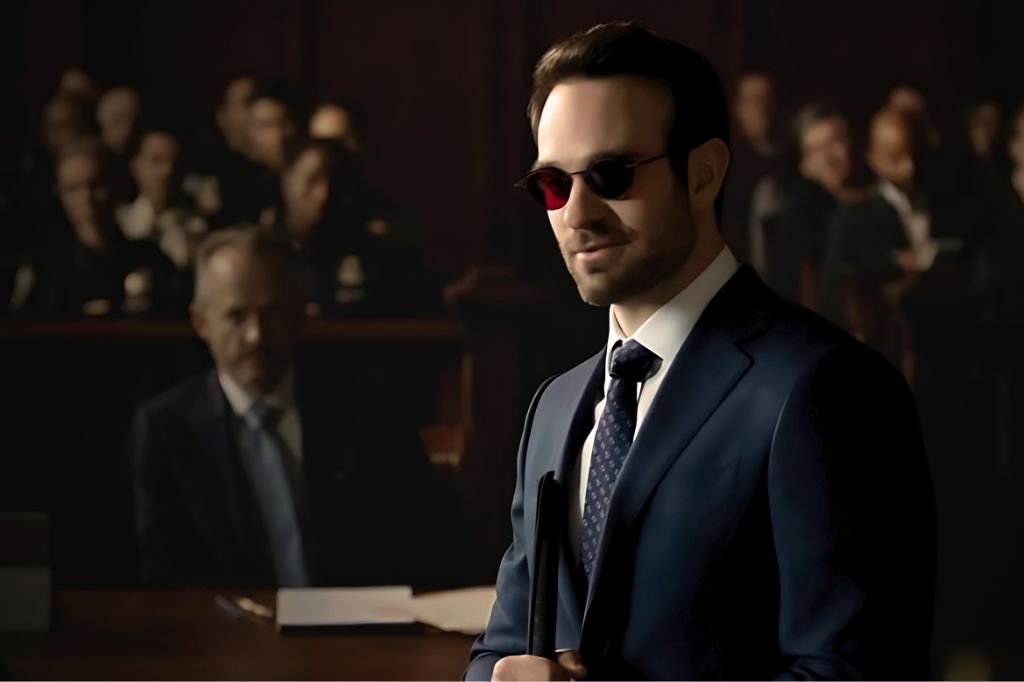
Daredevil: Born Again Episode 3 is a masterstroke. The courtroom scenes, dripping with procedural tension, shame She-Hulk’s campiness. Kingpin’s chilling “I want this chaos” rivals Homelander’s megalomania in The Boys. And Kamar de los Reyes’ swan song? A performance so achingly human, it redefines superhero storytelling.
As Matt Murdock stares at his shattered Devil mask, we’re left wondering: Can justice exist in a world where lawmen are killers, and heroes are martyrs? The answer, much like Hector’s coquí song, is a haunting melody—beautiful, tragic, and unforgettable.
Stay tuned for future episodes, as “Daredevil Born Again” promises to continue challenging its heroes and viewers alike, ensuring its place as must-watch television.











